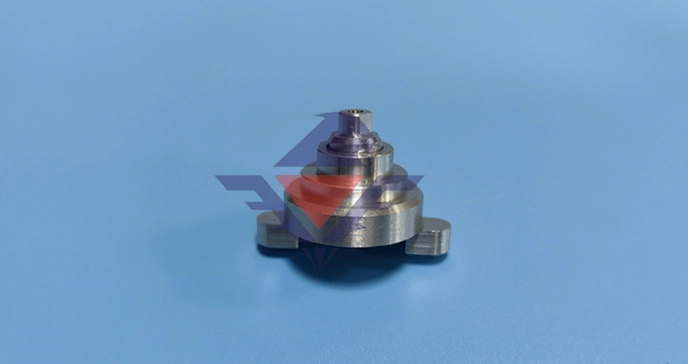
# Swiss Screw Machining: Precision and Efficiency in Small Part Manufacturing
## Introduction to Swiss Screw Machining
Swiss screw machining, also known as Swiss turning or Swiss-style lathe machining, is a specialized manufacturing process that excels in producing small, high-precision components. Originating in Switzerland’s watchmaking industry during the 19th century, this technology has evolved to become a cornerstone of modern precision manufacturing across various industries.
## How Swiss Screw Machining Works
Keyword: Swiss Screw Machining
Unlike conventional lathes, Swiss screw machines feature a sliding headstock and guide bushing system that provides exceptional stability during machining operations. The workpiece is supported very close to the cutting tool, minimizing deflection and enabling:
– Superior precision for small diameter parts
– Exceptional surface finishes
– Tight tolerances (often within ±0.0002 inches)
– Efficient production of complex geometries
## Key Advantages of Swiss Machining
### 1. Unmatched Precision for Small Parts
Swiss screw machining shines when working with small, delicate components that require micron-level accuracy. The guide bushing system ensures minimal vibration, allowing for precise cuts even on slender workpieces.
### 2. High Production Efficiency
Modern CNC Swiss machines can perform multiple operations simultaneously, significantly reducing cycle times. Features like live tooling and subspindles enable complete part machining in a single setup.
### 3. Material Versatility
Swiss machines handle a wide range of materials including:
• Various metals (stainless steel, titanium, brass, aluminum)
• Plastics
• Exotic alloys
### 4. Reduced Secondary Operations
The ability to perform milling, drilling, and other operations during the turning process minimizes the need for additional machining steps, saving both time and costs.
## Applications Across Industries
Swiss screw machining serves critical roles in numerous sectors:
– Medical: Surgical instruments, implants, and device components
– Aerospace: Precision fittings and fasteners
– Automotive: Fuel injection parts and sensors
– Electronics: Connectors and miniature components
– Defense: Firearm components and optical devices
## Choosing the Right Swiss Machining Partner
When selecting a Swiss machining provider, consider these factors:
– Machine capabilities and technology level
– Quality control processes and certifications
– Experience with your specific material requirements
– Capacity for prototype and production runs
– Ability to meet tight deadlines
## The Future of Swiss Machining
As manufacturing demands continue to push for smaller, more complex parts with tighter tolerances, Swiss screw machining technology keeps evolving. Advancements in CNC controls, tooling, and automation are making Swiss machines even more capable and efficient, ensuring their continued importance in precision manufacturing.
For industries requiring high-volume production of small, intricate parts with exceptional accuracy, Swiss screw machining remains an indispensable solution that combines precision, efficiency, and reliability.